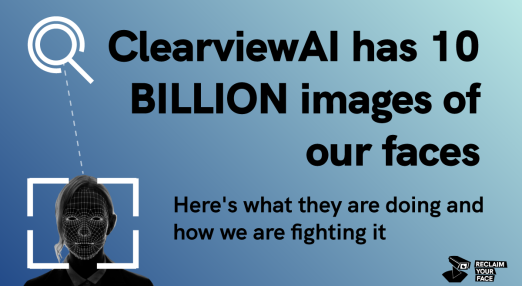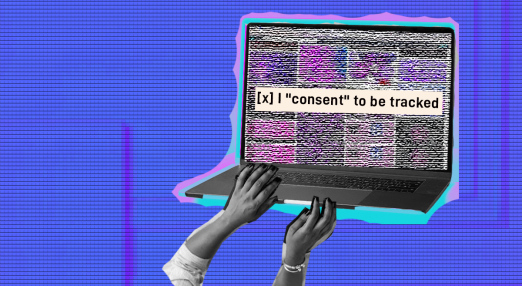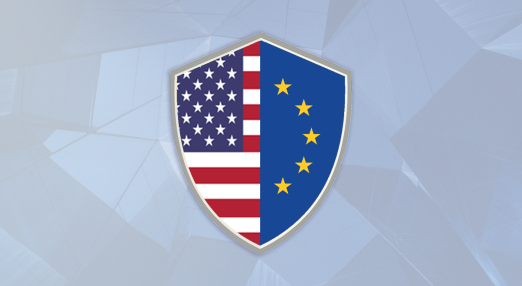Blogs
Filter by...
-

New Cybercrime Protocol will undermine our privacy to compensate for the rising powers of law enforcement authorities
This new international agreement raises serious concerns as its shortcomings promise to undermine the safeguards to our fundamental rights, including our privacy and procedural rights.
Read more
-

A new crisis response mechanism for the DSA
EDRi is one of 38 civil society organisations jointly raising our voices to the DSA negotiators to stop negotiating outside their respective mandates and respect the democratic process of the EU. We demand concrete improvements necessary for the Crisis Response Mechanism (CRM) to respect international human rights law and prevent the future abuse of those emergency powers. Add your voice now!
Read more
-

About ClearviewAI’s mockery of human rights, those fighting it, and the need for EU to intervene
Clearview AI describes itself as ‘The World’s Largest Facial Network’. However, a quick search online would reveal that the company has been involved in several scandals, covering the front page of many publications for all the wrong reasons. In fact, since New York Times broke the story about Clearview AI in 2020, the company has been constantly criticised by activists, politicians, and data protection authorities around the world. Read below a summary of the many actions taken against the company that hoarded 10 billion images of our faces.
Read more
-

Criminal complaint against illegal export of surveillance software is making an impact: the FinFisher group of companies ceases business operations after its accounts are seized by Public Prosecutor’s Office
Following a criminal complaint filed by the Society for Civil Rights (Gesellschaft für Freiheitsrechte e.V.), Reporters without Borders (RSF), the European Center for Constitutional and Human Rights (ECCHR) and netzpolitik.org over illegal exports of surveillance software, the Munich-based corporate group FinFisher has ceased its business operations. The Public Prosecutor’s Office Munich announced that it had seized the company’s accounts, after which FinFisher GmbH and two partner companies filed for insolvency.
Read more
-

The Clearview/Ukraine partnership – How surveillance companies exploit war
Clearview announced it will offer its surveillance tech to Ukraine. It seems no human tragedy is off-limits to surveillance companies looking to sanitise their image.
Read more
-

EDRi-gram, 6 April 2022
In this edition of the EDRi-gram, we look at what the facial recognition company Clearview AI is doing with our faces in the Ukrainian war and how we can put stop the private company from exploiting the war. We also urge the French Council Presidency to follow through on its promise to ensure that a final deal on the DSA prohibits the use of sensitive data, including the drawing of inferences about a person’s sensitive characteristics, to display advertisements.
Read more
-

Get your extra reading on “cookie consent” and AdTech done
On 22 February, the Belgian Data Protection Authority (DPA) made a decision regarding complaints about the Internet Advertising Bureau Europe (IAB Europe) "consent framework". This is a commonly used cookie pop-up asking for "consent" to be tracked.
Read more
-

“Privacy Shield 2.0”? – First Reaction by Max Schrems
On March 25 Commission President Ursula von der Leyen and President Biden have announced an "agreement in principle" on a new EU-US data sharing system.
Read more
-

The Domino Effect of Internet Blocking in Romania
The Council of the European Union’s decision, which came out on 1 March, to block access to the media outlets Russia Today (RT) and Sputnik, looking to stop the spread of disinformation, set forth a domino effect in Romania for internet blocking.
Read more
-

Spying on couriers and AdTech using data from operators. We know the winners of the Czech Big Brother Awards
For the seventeenth time has the Czech NGO and EDRi member Iuridicum Remedium (IuRe) awarded Big Brother Awards to those who have been snooping the most into our privacy in the past year.
Read more
-

EDRi statement: the fundamental rights consequences of the EU media ban
European Digital Rights (EDRi) is appalled by the illegal and atrocious invasion of Ukraine by Russia’s totalitarian regime. We stand with the people of Ukraine who are forced to live in fear and flee from their homes while enduring war crimes and other large-scale human rights violations, including cyberattacks. Democratic societies that respect the rule of law should stand in solidarity with the deep suffering of people in Ukraine on many levels.
Read more
-

France must not betray European citizens on the DSA at the 11th hour
As civil society, we welcomed Minister Cedric O’s commitment on Friday to prohibit targeted advertising to minors as well as the use of sensitive data for ad targeting in the DSA. Now the French Council Presidency must follow through and protect citizens, 35 NGOs write in an open letter.
Read more
